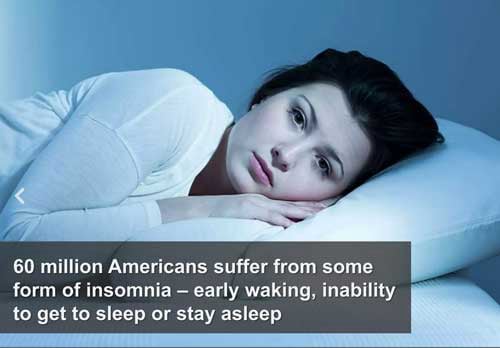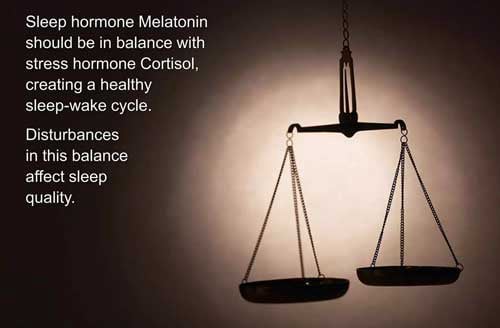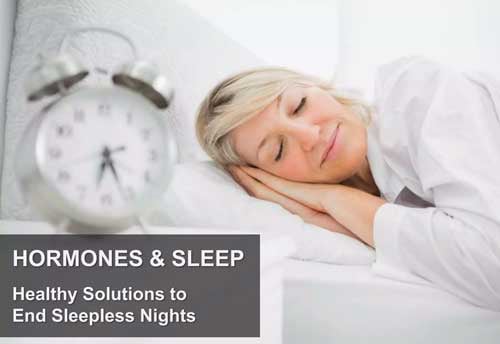Sleep Balance Kit
Test for the circadian rhythm of melatonin in concert with urinary free cortisol (UFC) to assess sleep/wake cycle dysfunction. Urine is collected on filter strips at 4 time points throughout the day representative of the peaks and troughs of melatonin and cortisol production. The first urine void represents the 8 hours or so of overnight peak melatonin production, eliminating the need for middle of the night collection.

Sleep Balance Kit
Urine Diurnal Hormones(UDH) I
UrineDiurnalHormones(UDH)I Dried Urine:
> Free Cortisolx4
> Free Cortisonex4
> Crtn
Coupon Code: LIVE100

Sleep Balance Kit
Urine Diurnal Hormones(UDH) II
UDHII DriedUrine
> Free Cortisolx4
> Free Cortisonex4
> Melatonin (MT6s)x4
> Crtn
Coupon Code: LIVE100

Sleep Balance Kit
Urine Diurnal Hormones(UDH) III
UDHIII DriedUrine
> FreeCortisolx4
> FreeCortisonex4
> Melatonin(MT6s)x4
> NEx4
> Epix4
> Crtn
Coupon Code: LIVE100